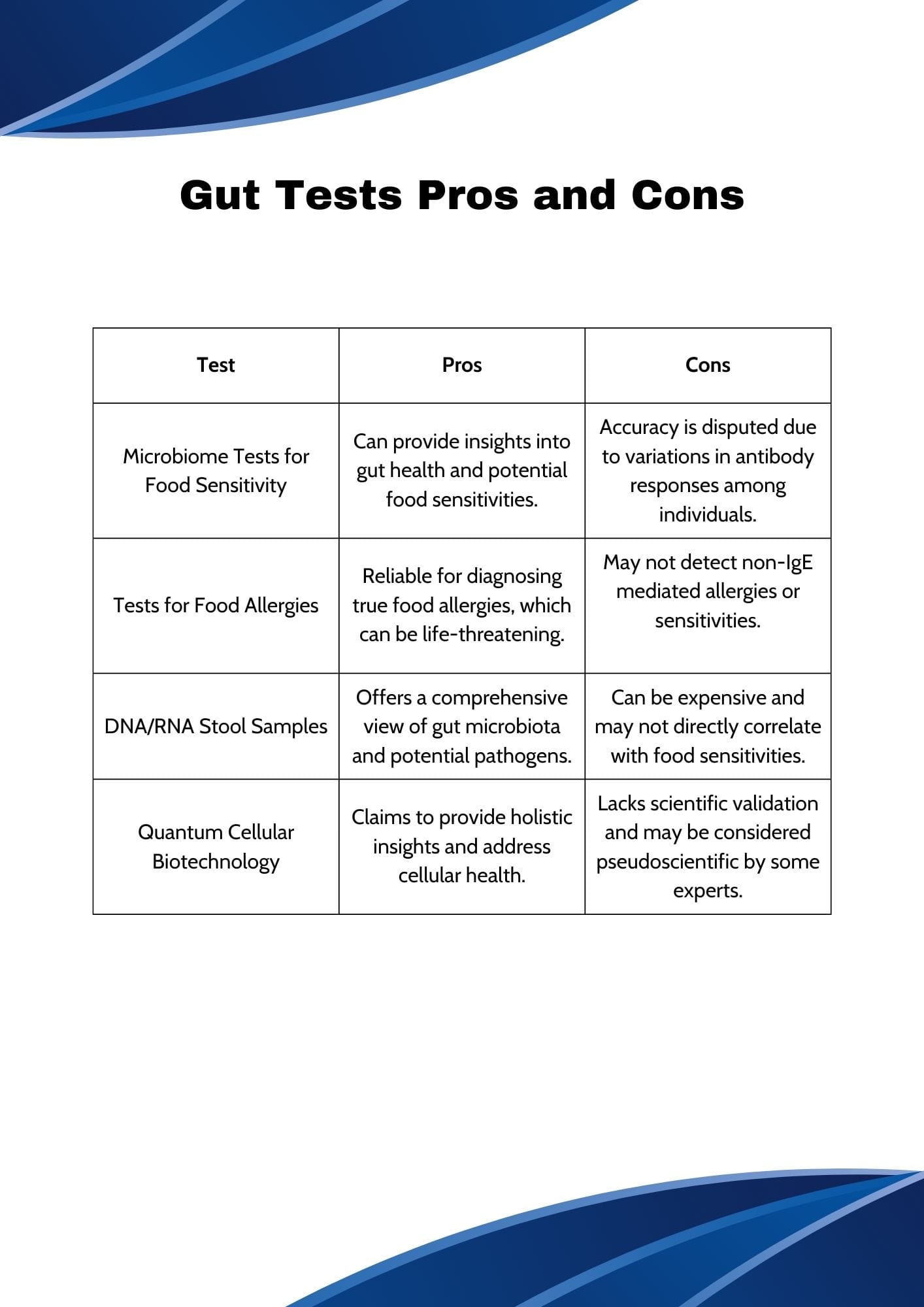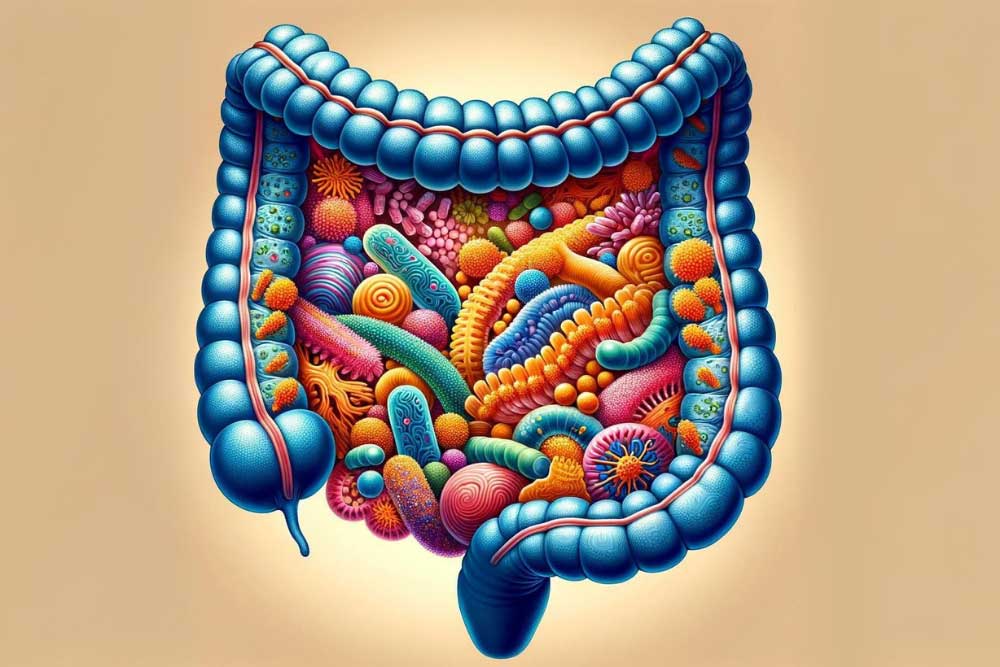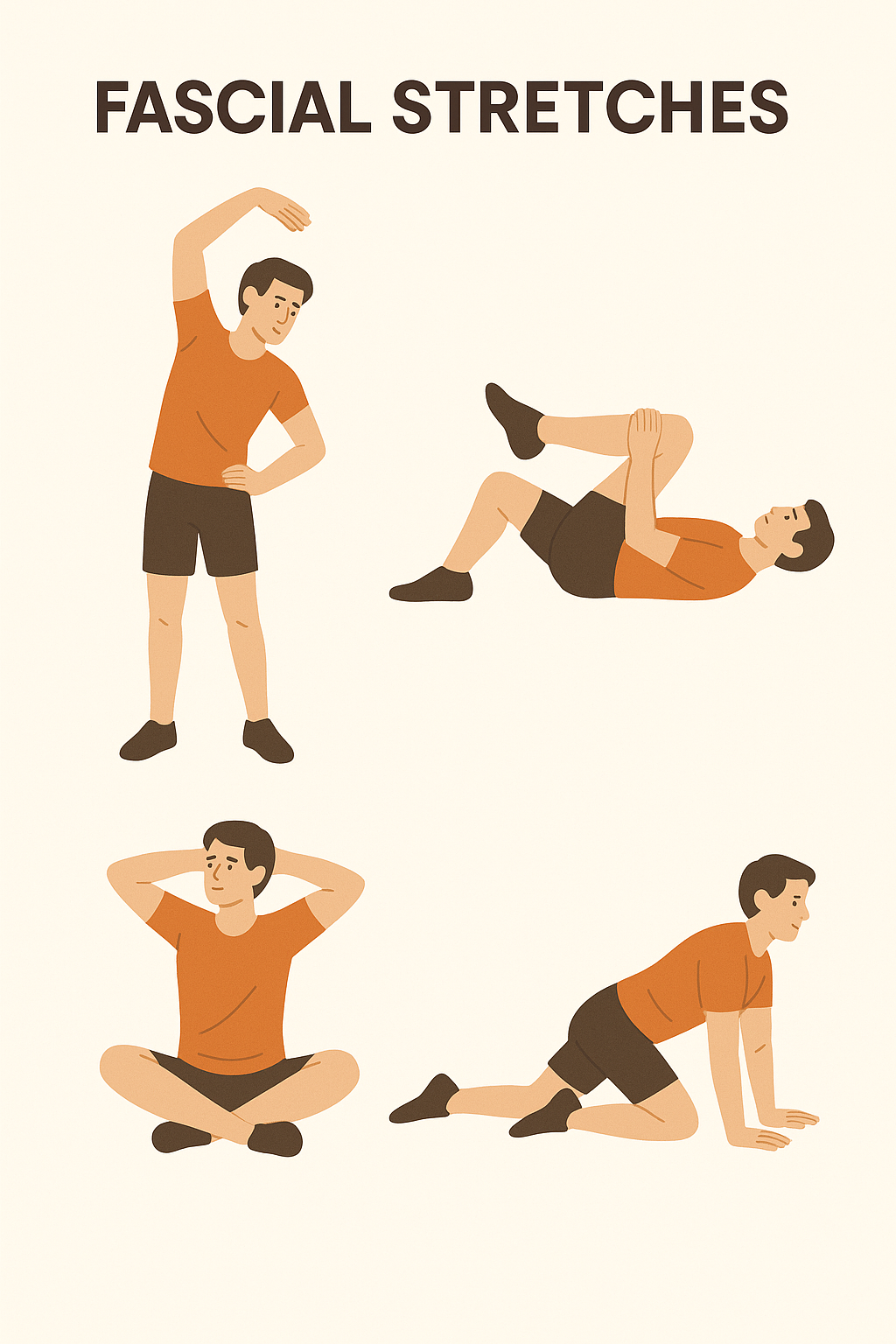Your Microbiome Health Affects Everything
Do you ever have stomach distress, diarrhea, constipation and pain? Your gut health has a big impact on your brain - and that affects your entire body.
Your gut makes neurotransmitters like serotonin
Your gut detoxifies your body
Your gut helps digest your food
Your gut makes hormones
When you lose some of your good gut bacteria due to taking antibiotics, people get more anxious and have more memory problems, have trouble learning. So you need to take care of your gut:
Eat lots of fruits and vegetables, take a probiotic, or fermented foods.
How do you test how healthy your Gut Bacteria is?
One very highly rated gut test is Viome's Gut Intelligence Test which, after looking at lists 400 foods sorted into four categories to Avoid, Minimize, Enjoy, and Superfood status. Their recommendations target the areas of your gut health that need specific nutrients and that may be the root cause of symptoms such as GI issues, gas and bloating, irregular bowel movements, skin irritation, hormone imbalances, trouble sleeping, trouble losing weight, and other symptoms.
While @BigSisLifeHacks thought it was sequencing your DNA, it actually analyzes both microbial and human cell gene expressions (the RNA) which can change over time when you make diet and lifestyle changes. A lot more important when you are trying to figure out how to optimize your nutrition and lifestyle.
In comparison, Ombre Lab is a less advanced gut test kit that gives you a personalized microbiome report, bacteria analysis and then suggests what foods you should eat to optimize your health.
What's the difference between Ombre and Viome? And How Does Zoe Test Your Gut?
Viome uses RNA sequencing tech to analyze your gut's microbial gene expression. This doesn't just monitor the microbes, but also their activity and impact on your health.
On the other hand, Ombre - the budget option - typically uses 16S rRNA gene sequencing to identify the types of bacteria in your gut - but may not explain their activity and impact in as much detail as Viome does.
Both Viome and Ombre suggest changes you could make to your diet, but Ombre's dietary advice is less personalized to your specific microbiome than Viome is.
So How should I be Testing?
We recommend doing the Viome or Ombre test to get detailed results for where you are currently, and what foods are causing issues, and others that you should be focusing on eating to improve your microbiome and your overall health.
Then do another Viome or Ombre test after 6-12 months to see the detailed changes in your gut. From what we learned about the microbiome earlier, within 1 month you can really change the diversity of the microbiome.
What about pregnant women? And how about babies - is there a gut test that's specific to them?
For all the new Parents concerned about your baby or todder's health issues...
Is there a Test for Your Baby's Gut?
Tiny Health is a gut health test for pregnant women, babies and toddlers 0-3 years old, so you can find and solve issues early. How can testing your baby's microbiome help them with various issues?
Tiny Health tests your baby's gut microbiome through a stool sample that you send back to them, which uses 16S rRNA gene sequencing to analyze your baby's gut bacteria. This can tell you why your baby may be suffering from sleeplessness, eczema, allergies, colic and other issues.
At-home tests are good for monitoring your gut on a daily or weekly basis, but what if you want professional support?
We discussed a few different Gut Health Tests, what are all the different types?

What Tests Should You Ask Your Doctor For?
Blood and stool tests check for infection, inflammation, and organ function (like liver or pancreas). To find UTIs or kidney issues, you can ask for a urinalysis.
(TC: 00:16-00:56)
Imaging tests like ultrasound, CT scan and X rays can find appendicitis, tumors, blockages or perforations in the digestive tract. You can also ask your doctor for an H. Pylori test - which checks for this stomach ulcer-causing bacteria.
If your doctor finds any issues, they may refer you to a GI specialist to dive into your gut health in greater detail - or you can look for a specialist yourself. We recommend using Zocdoc to find a specialist. in your area, we link it at the bottom.
What Can You Do to Optimize a Visit to a GI Specialist?
What can you use to track how you're feeling in your gut?
Dr. Schmidt said it's good to use a symptom tracker: My Pain Diary has a free version you can use to monitor and keep track of every time you feel pain in your stomach, after different types of food you ate or activities you did. The app then gives you a PDF report with detailed info about when your stomach hurts so you can give that to the GI doctor - this helps them diagnose and treat you faster.
Need to Find a GI Doctor?
Zocdoc is an online appointment booking service that is a directory that connects you to healthcare professionals. You can find a GI specialist based in your area and that will also accept your insurance coverage. You can see the doctors' profiles, read patients' reviews, and book appointments right through the platform.
What's Up With Your Headaches?
Once your microbiome is in good shape, it may be time to figure out why you've also been getting headaches. We'll do a deep dive later this week into the tests you can ask your doctor for and at-home tests to diagnose your headaches.
Today's Host

Boost Health Daily Host
Featured Health Specialists

Professor of Neurobiology & Ophthalmology at Stanford Medicine • Host of the Huberman Lab podcast • Focused on science & health research & public education

Funny+educational content from a GI doc










What do you think?
It is nice to know your opinion. Leave a comment.